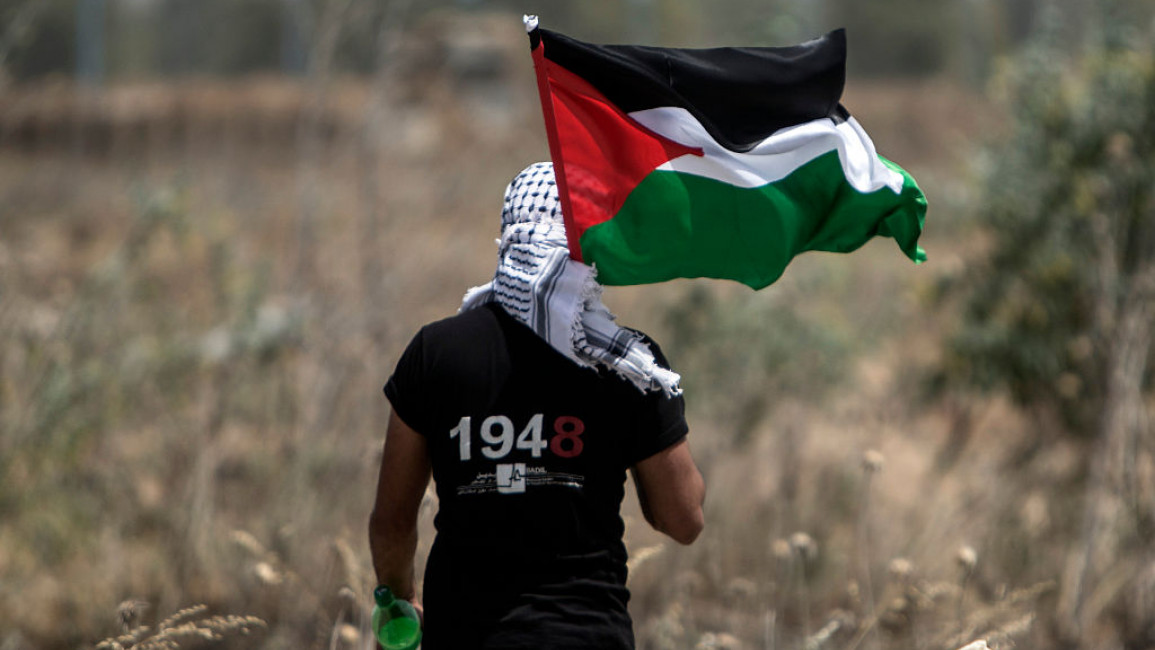Documents detail 1948 Nakba crimes committed by Israel against Palestinians
Newly declassified Israeli government documents analysed by Israeli daily Haaretz and the Akevot Institute for Israeli-Palestinian Conflict Research revealed this week new details on the massacres perpetrated by Israeli forces in 1948 against Palestinians.
The report, entitled Classified Docs Reveal Massacres of Palestinians in '48 – and What Israeli Leaders Knew, discussed two operations launched by the Israeli forces in October 1948.
Included in the documents were minutes from Israeli government meetings around the time of the Nakba, or the catastrophe, which showed that "Israel's leaders knew in real time about the blood-drenched events that accompanied the conquest of the Arab villages".
As part of an Israeli operation to seize Galilee, Israeli soldiers attacked dozens of Palestinian villages and forcefully expelled tens of thousands of their residents, the report revealed, bringing the Palestinian population in the area down from 120,000 people to just 30,000.
The investigation also provided new details on massacres that took place in three villages in the north - Al-Reineh, Meron and Al-Burj.
In 1948, British troops withdrew from Palestine, which had been under its mandate. Jewish settler groups immediately declared the creation of the state of Israel and invaded large swathes of Palestine.
Referred to as the 'Nakba' by Palestinians, this brutal episode displaced around 80 percent of the Palestinian population - most of whom never returned home - and was marred by several massacres notably committed by Zionist paramilitary militias against Palestinian villages.
Much of the Israeli archives from this period remain classified, and many new historic details on the Nakba are slowly resurfacing.



